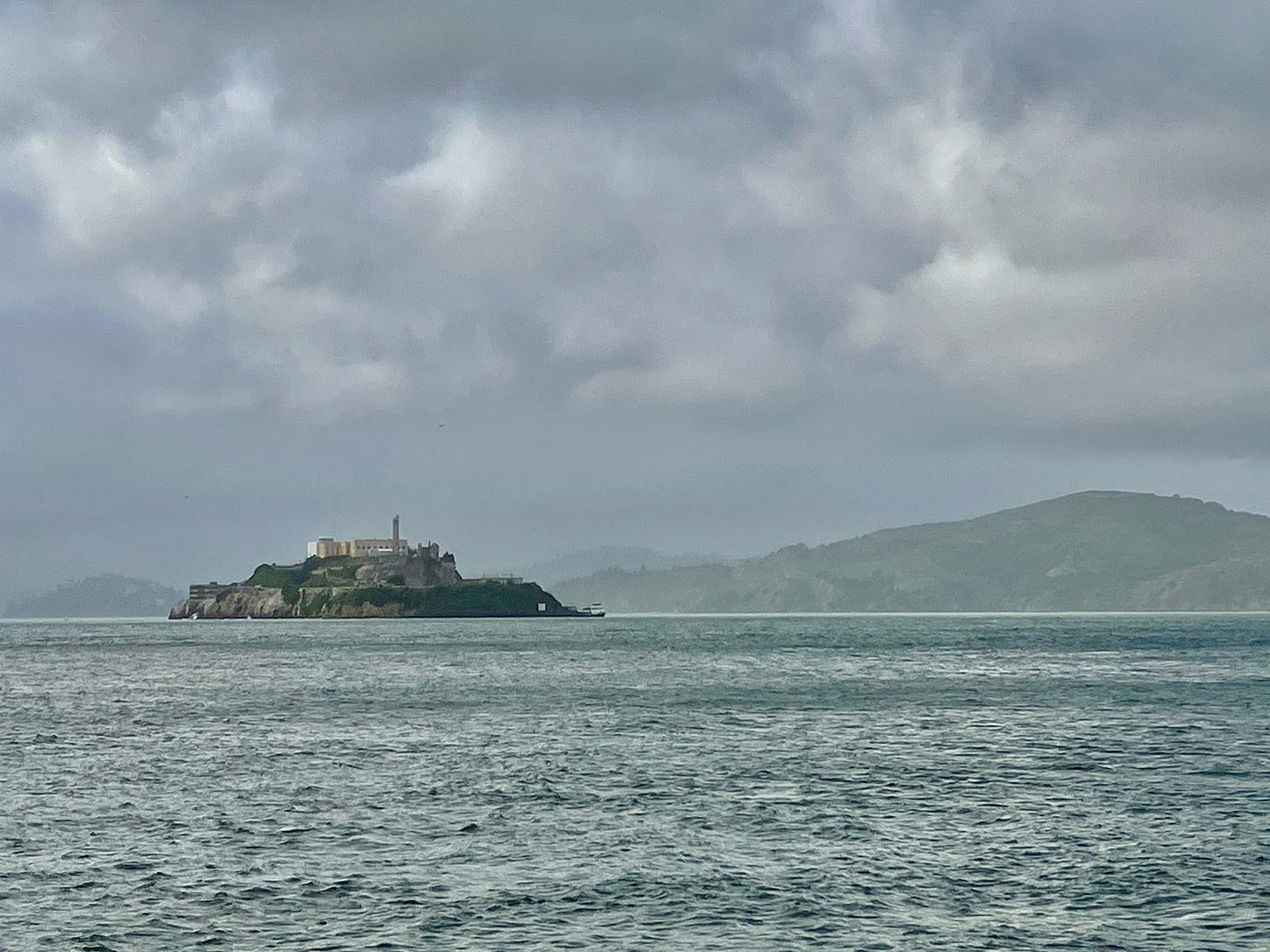When I walk by the San Francisco Bay, often, I can see Alcatraz Island — home of the famous prison. Sometimes it reminds me of a summer job I once had during my PhD studies at the University of Vermont.
A dentist working for the Department of Corrections needed surgery. The Vermont Department of Corrections needed a dentist. And I, as a graduate student, needed a job between research grants. Putting the three together resulted in me having a way to cover my basic living expenses.
The job entailed driving across the state to various prisons. This gave me a chance to see parts of Vermont that I would not have seen otherwise. For instance, once, while returning from one of the facilities, I was able to add on a quick visit to the Cabot cheddar cheese factory.
For the most part, that summer is a green blur in my memory. There was lots of driving and I saw a lot of greenery, because afterall, Vermont is the Green Mountain State. However, one incident stands out in my mind even now, though it was almost thirty years ago.
A young man had sustained an injury to his jaw joint - also called Temporomandibular Joint or TMJ for short. He could barely open his mouth. Before I could say anything, the nurse who happened to be in the examining room at the time, asked him how he got injured. He smiled at her wistfully and said in a gentle voice “Ma, you don’t want to know.”
Sometimes, it’s easy to give in to the expediencies of life. As a result, we end up assigning people to categories based on variables such as gender, religion, ethnicity, education, sexual orientation, and even the kind of car they drive - that is, if they have a car at all.
After the first few days in this new setting, it became work as usual. Mouths needed to be examined. Prescriptions needed to be written. And referrals had to be made if anyone needed a higher level of care.
Then, just when I had acclimated to the environment, I came across the young man with the TMJ injury. His words, especially when referring to the older nurse as “Ma” and the tone in which he spoke to her, momentarily dissolved the boundaries that defined each of us in our roles.
He was a human being who had been hurt. And there he was, shielding another human from being hurt.
Fate assigned each of us a role in that moment, with labels that each evoke their own stereotypes: prisoner, nurse, and dentist. But beyond our labels, in that moment, we were simply a trio of pain, care and bearing witness.
We typically think of freedom in terms of the ability to come and go as we please and do as we want. We speak of prisons as literal structures, but we also build prisons in our minds. As a result we end up imprisoning others in the shackles of our perceptions, and we can also imprison ourselves.



